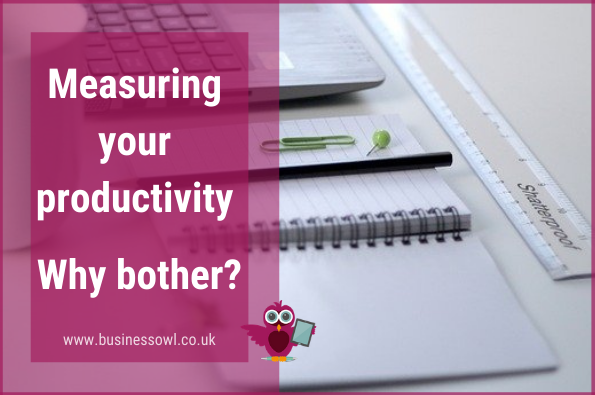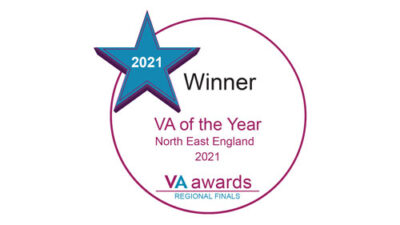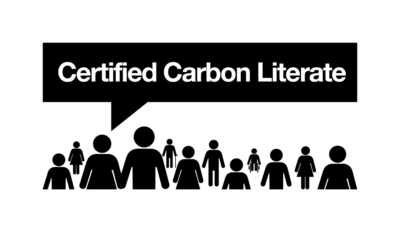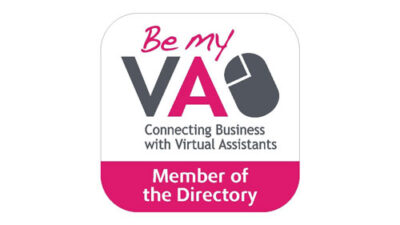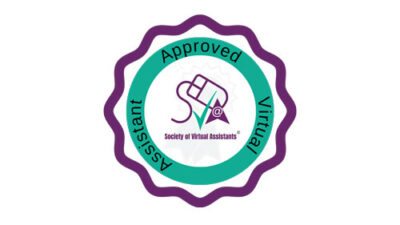 To proofread or not to proofread – that is the question!
To proofread or not to proofread – that is the question!
Only the bard could get away with a Comedy of Errors, but the risks associated with drafting errors can be huge for any business, in particular the legal profession.
Travelers Professional Risks Limited recently stated that over the last six years, drafting errors have caused around one claim in every eight. Interestingly, although all areas of legal practice are affected, the bulk of claims occurred in Company/Commercial, Commercial Property and Landlord & Tenant work, which account for 70% of claims by number (and 80% by settlement cost).
This certainly isn’t a case of much ado about nothing!
As legal professionals, we are trained to work with an eye for detail and to double check and check again. However, the pressure of coping with a heavy workload, demanding clients and rushing to meet impending deadlines mean that even the most thorough among us can sometimes fail to spot the obvious mistakes.
If you are like me, whenever I read something written by somebody else, typos and grammatical errors jump off the page. I love nothing more than getting stuck into a document with my red pen!
One of the hardest things to do is proofread your own work. This is because you know what you mean to say and your brain tends to see what you mean, rather than what you’ve actually written or typed (here’s hoping I’ve got everything right in this article!).
Examples
- In the case of complex documents such as leases, the sheer number of amendments required can cause confusion. The document travels backwards and forwards between the parties and before you know it you aren’t even sure which version you should be working from
- Plurals can cause issues, or in this example the lack of a plural. I recently corrected a firm who had referred to “the Law Societies own view” as opposed to “the Law Society’s own view”
- Not legal related but in a café last week the menu listed the various fillings for their “jacket potato’s” which actually put me off buying one!
What to look out for
- Typos – anybody can hit a wrong key when typing and using a spell check facility can help in some situations. However where there is confusion between the different spellings of the same word, for example practice and practise, spell check won’t pick up on it. The Reader’s Digest website has a useful list of the types of errors that spell check can’t help with
- Punctuation issues – apostrophes are the big one here and finding one in the wrong place is particularly distressing for the nerds among us! For guidance on how to avoid an apostrophe catastrophe, see this blog by the fabulous Helen Reynolds of Ink Gardener
- Formatting – this can be as simple as not realising that the numbering of bullet points has become out of sync. It’s important to check the flow and structure of a document as well as the actual words used
What ‘ado’ about it
 If you feel confident to proofread your own short documents, you can follow the guidance provided by the Plain English Campaign.
If you feel confident to proofread your own short documents, you can follow the guidance provided by the Plain English Campaign.
For larger and more complex documents, it’s worth investing in a professional service. It isn’t usually practical for law firms to employ somebody specifically to proofread, so you may need to think outside the box.
Virtual Assistants provide a range of administrative services that can be called upon as and when you need them. In particular, Virtual Assistants with legal experience and who are familiar with legal terminology, can be relied upon to provide an accurate service with a speedy turnaround. A client recently commented on how great it is to have “proofreading on tap” and why not? Having identified the pitfalls, it’s a small price to pay to avoid becoming the one out of eight claims resulting from a drafting mishap.
It’s a case of all’s well that ends well for that client!
If you’d like me to take the proofreading burden off your hands, please contact me on 07970 955535 or at jen@businessowl.co.uk.
























